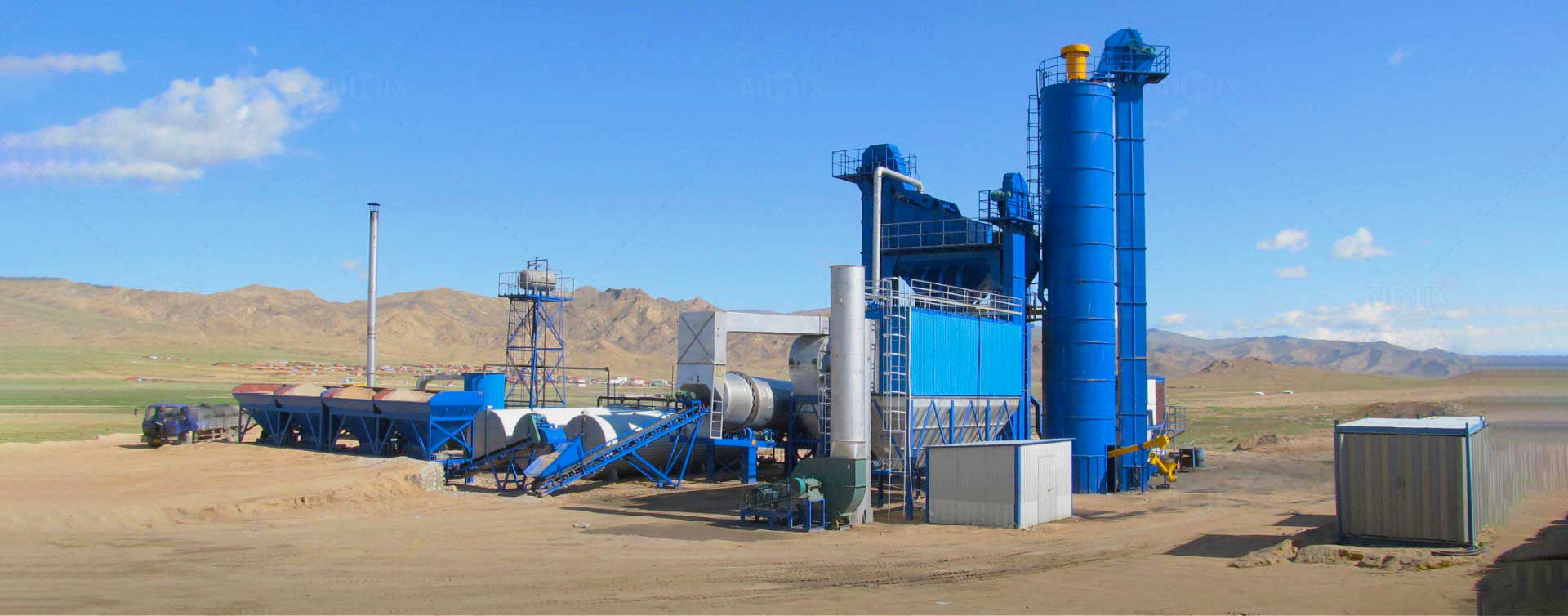As road construction projects in South Africa continue to grow, contractors face an increasing demand for reliable and efficient asphalt plants. One of the common questions asked by project managers and construction companies is whether a 120 TPH (tons per hour) plant mix asphalt can meet the monthly asphalt requirements of a large project, such as producing 10,000 tons of asphalt every month. In this post, we will explore the key factors to consider, helping you make an informed decision when selecting an asphalt plant for your road construction needs.
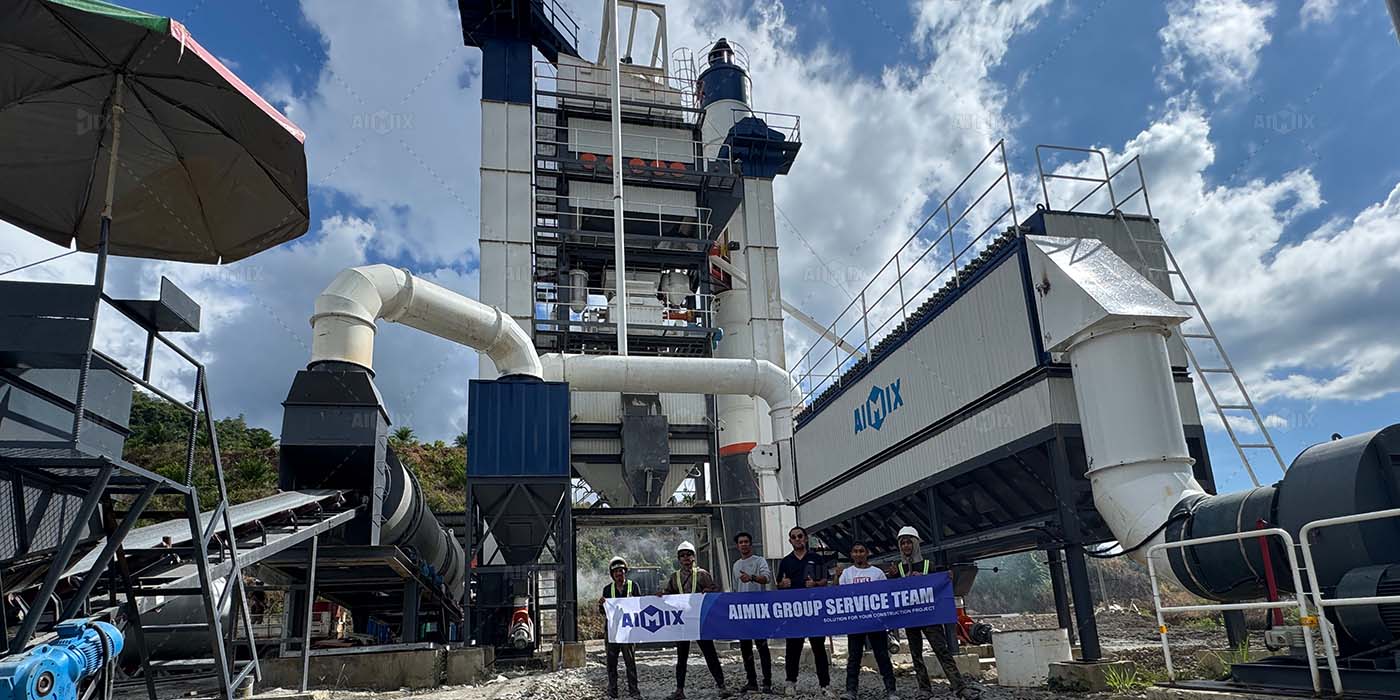
Understanding Asphalt Plant Capacity and Project Needs
The first step in determining whether a 120 TPH asphalt plant is sufficient for your project is understanding the asphalt production requirements. In this case, the project requires 10,000 tons of asphalt per month. To break this down, let’s consider how much asphalt the plant needs to produce on a daily basis.
A 120 TPH asphalt plant produces 120 tons of asphalt every hour. If the plant operates for 8 hours a day, it can produce up to 960 tons of asphalt per day. Over the course of a month (assuming 30 days of production), the total asphalt production would be:
960 tons/day x 30 days = 28,800 tons of asphalt per month
This is more than enough to meet the requirement of 10,000 tons per month. In fact, a 120 TPH asphalt plant could produce almost three times the amount needed. However, there are several other considerations that need to be taken into account when determining if this plant is suitable for your project.
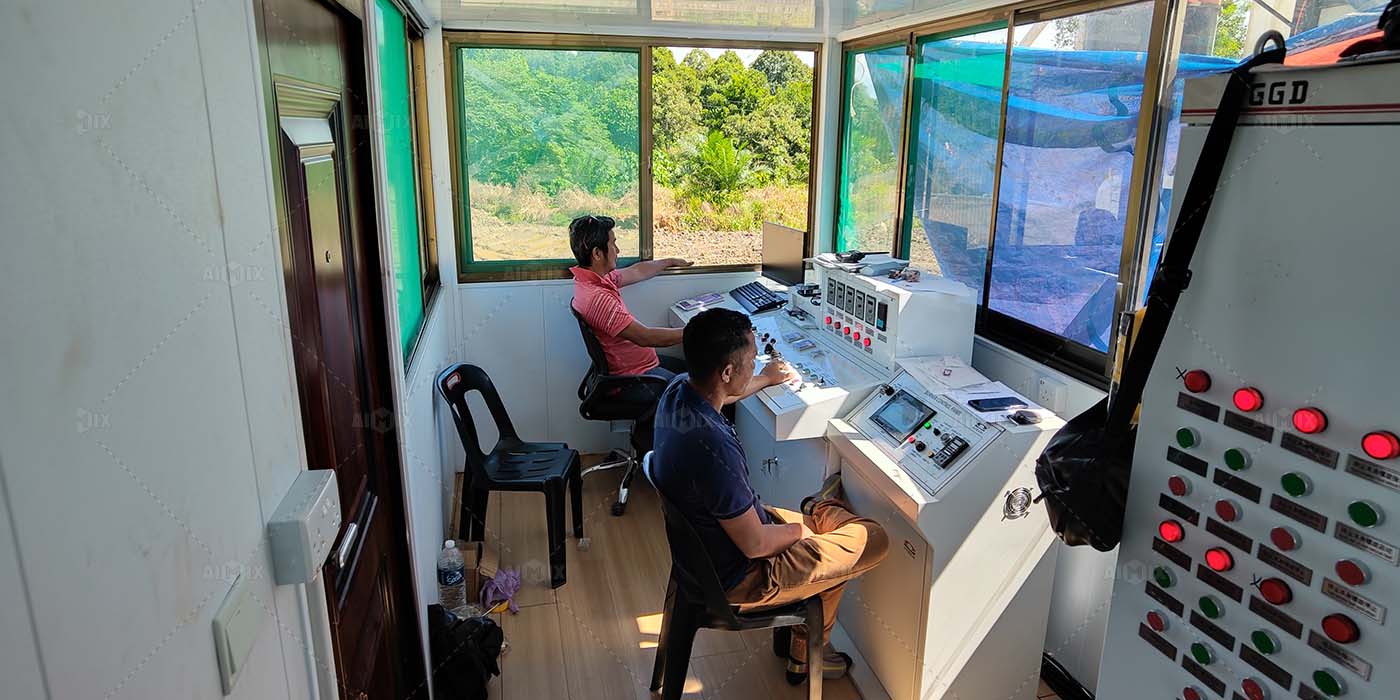
Factors Affecting Asphalt Production
While the numbers show that a 120 TPH hma plant can easily meet the monthly asphalt demand, several factors could affect the plant’s actual output. These include:
1. Operational Hours
To reach maximum production capacity, the plant must operate at full capacity for the full duration of its working hours. If there are any stoppages, maintenance issues, or other delays, the total monthly production may fall short. Therefore, it’s important to plan for potential downtime and adjust the production schedule accordingly.
2. Asphalt Mix Design
The type of asphalt mix required for your project can affect the production rate. Some mixes, especially those that include special additives or require a more complex production process, may take longer to produce. Be sure to factor in the complexity of the mix when planning your asphalt production schedule.
3. Plant Efficiency
The efficiency of the plant is another important consideration. Older or poorly maintained plants may not operate at full capacity, leading to a decrease in output. Investing in a modern, well-maintained plant can help avoid these inefficiencies.
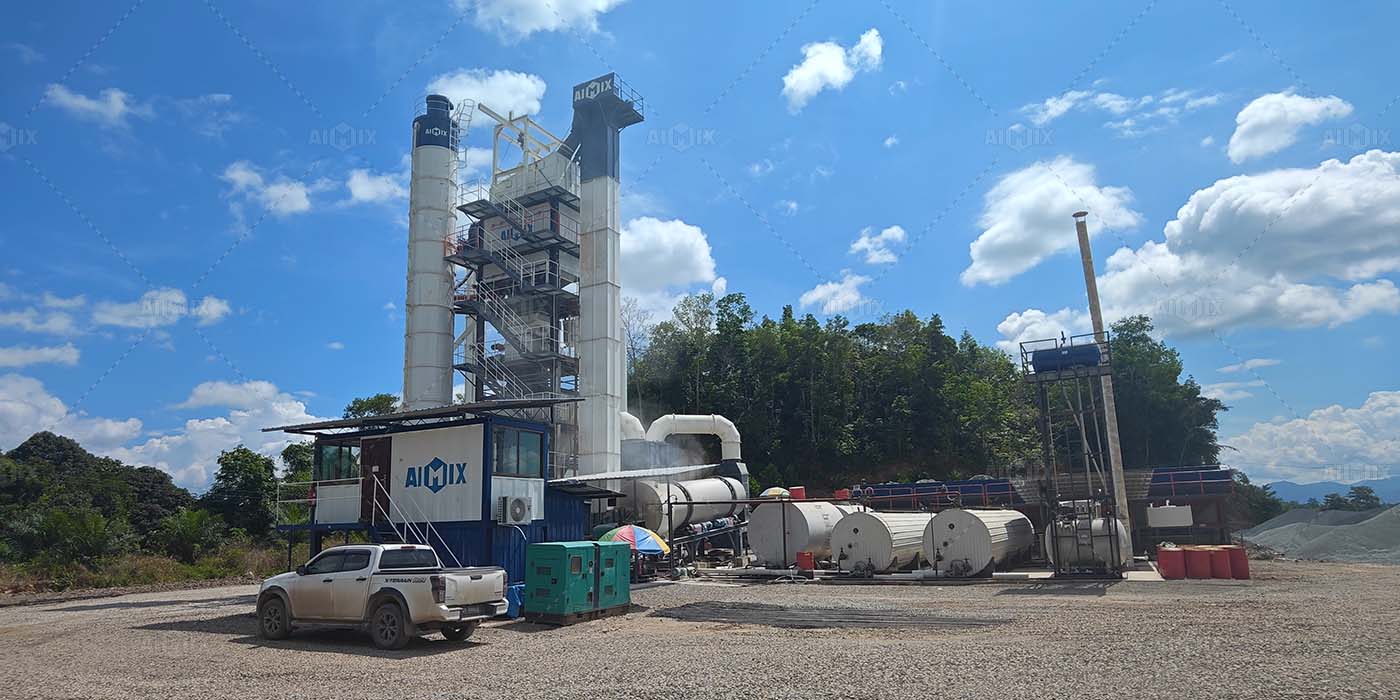
Advantages of Choosing a 120 TPH Asphalt Plant
Despite the potential challenges, there are several reasons why 120 TPH asphalt plants for sale in South Africa might be the right choice for your road construction project:
1. High Production Capacity
As mentioned earlier, a 120 TPH asphalt plant can easily meet the required production of 10,000 tons per month, and still leave room for unexpected increases in demand. This provides flexibility for expanding the project or handling additional orders without compromising on quality or time.
2. Cost-Effectiveness
Compared to larger plants, a 120 TPH asphalt plant may offer a more reasonable initial investment and lower operational costs. If your project doesn’t require massive volumes of asphalt, this size can strike the perfect balance between cost and production capacity.
3. Flexibility and Portability
A 120 TPH asphalt plant is usually smaller and more portable compared to larger plants. This can be a huge advantage for road construction projects in areas where the construction site is mobile or when multiple projects need to be served from a single plant.
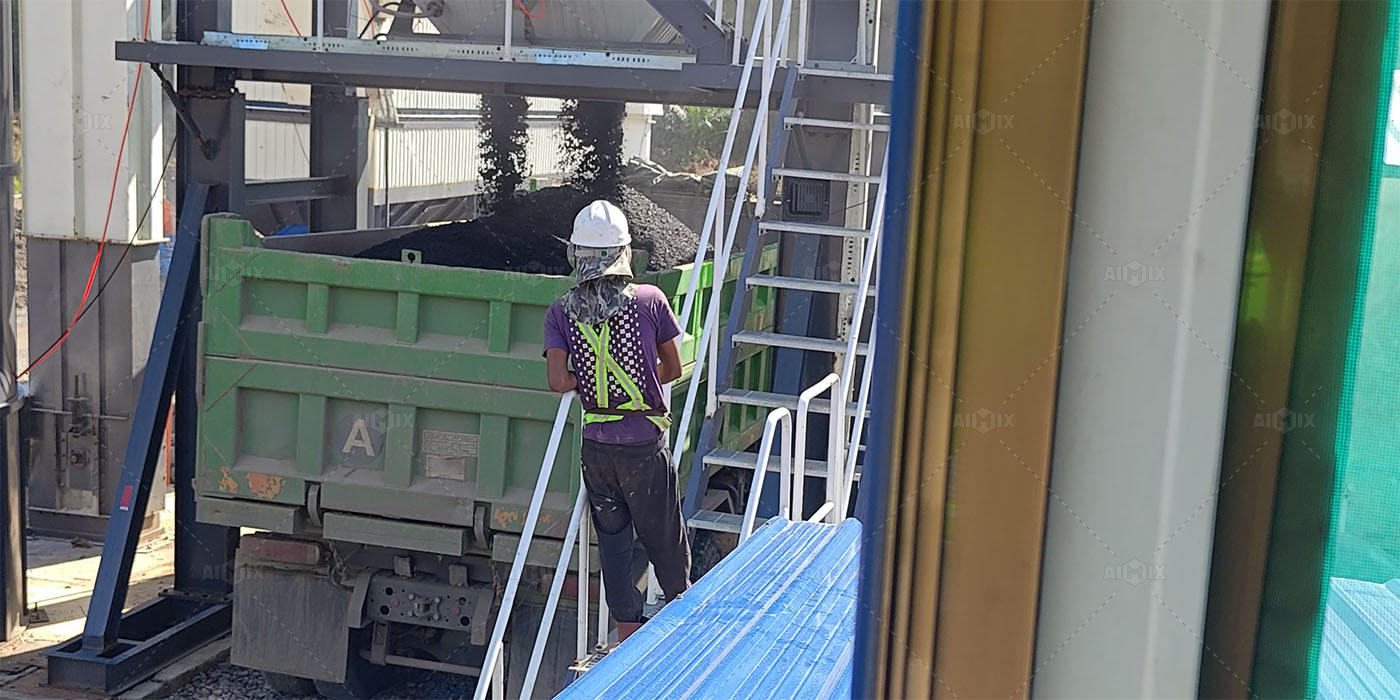
Challenges to Consider
While a 120 TPH asphalt plant has many advantages, it’s not without its challenges. For projects requiring consistent high-volume output or for locations with high demand for quick delivery, larger plants may be more suitable. Consider the following:
1. Increased Demand
If your project’s asphalt needs increase significantly over time, you may quickly find that a 120 TPH plant can no longer meet the demand. It’s essential to forecast the potential for growth before making your final decision.
2. Logistics and Transportation
Large volumes of asphalt need to be transported to the construction site efficiently. This requires careful coordination with trucking companies to ensure timely delivery and prevent delays in the construction schedule. The transportation logistics may become more complex as demand increases.
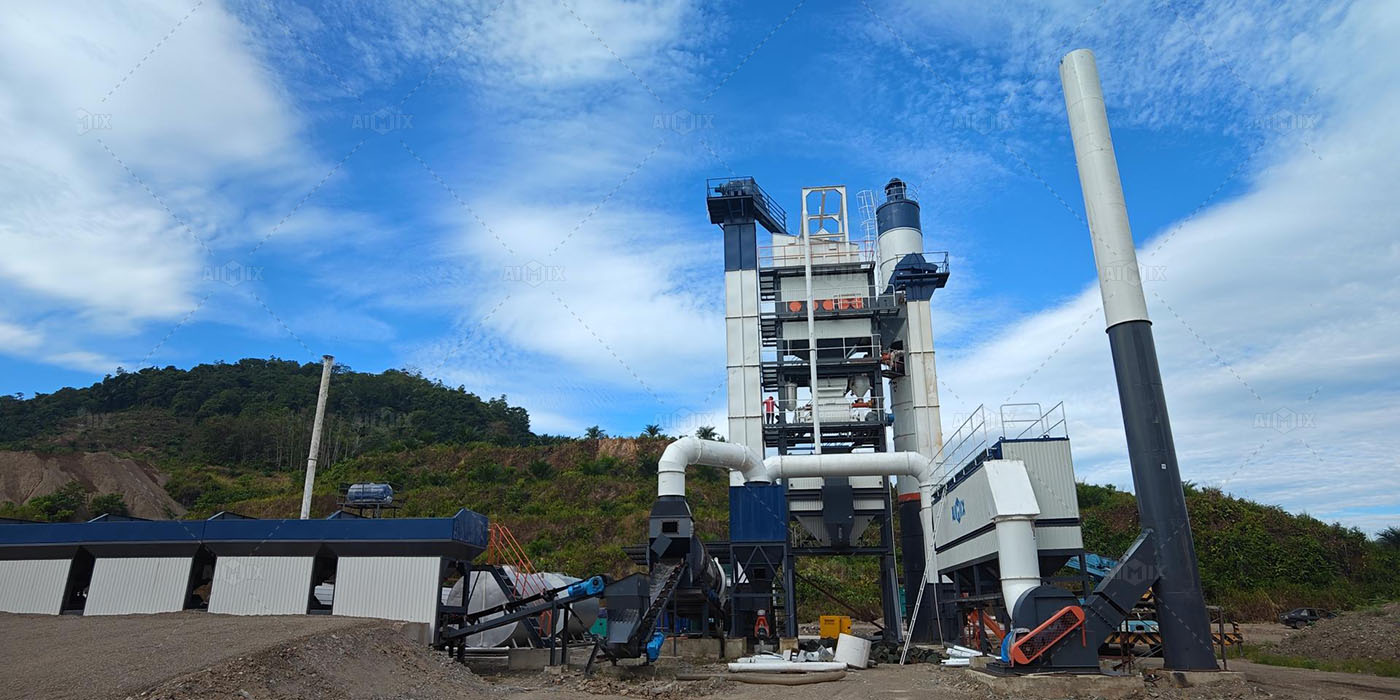
Is the 120 TPH Asphalt Plant Right for Your Project?
In conclusion, a 120 TPH asphalt batching plant is more than sufficient to meet the asphalt needs of a road construction project requiring 10,000 tons per month. However, it’s important to consider factors such as plant efficiency, mix design complexity, and potential future demand. If you’re planning a large-scale project with the possibility of scaling up, this plant offers a great balance of cost, capacity, and flexibility.
If you’re interested in exploring asphalt plants for your road construction project, we offer high-quality, efficient solutions that can meet your production needs. Get in touch with us today to find the right asphalt plant for your project and ensure that you stay on schedule and within budget.
Contact Us for More Information
If you need help determining the best asphalt plant for your road construction needs in South Africa or elsewhere, we’re here to assist. Our team of experts can guide you through the selection process to ensure that you choose a plant that fits your project’s requirements and budget.
